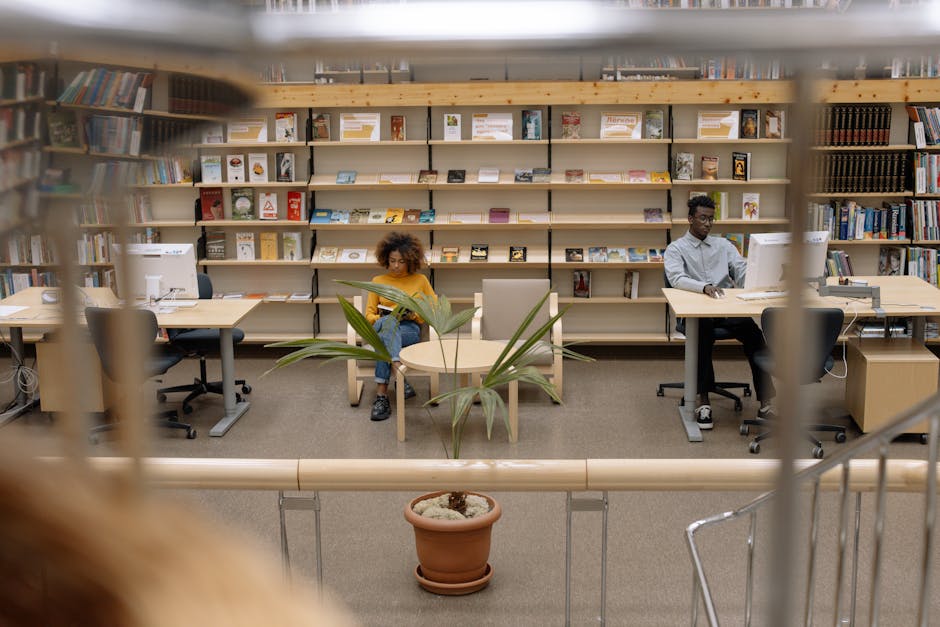The human relationship with stories stretches back millennia, evolving from oral traditions to meticulously crafted manuscripts and, ultimately, to the ubiquitous printed book. Now, a new forcetechnologyis reshaping the very fabric of our reading experience. Will this digital revolution fundamentally alter the way we engage with literature, or will the enduring allure of the printed page prevail? This exploration delves into the complex interplay between technology and literature, examining the potential transformations and the enduring aspects of the bookish world.
Digital formats, from e-books to audiobooks, have demonstrably broadened access to literature. The ease of carrying entire libraries on a single device or downloading a new book in seconds has democratized access, allowing individuals in remote areas or with limited physical mobility to engage with countless works. This accessibility, while undeniable, comes alongside a spectrum of both positive and negative implications.
One significant shift pertains to the very act of reading. Electronic texts, with their interactive features and hyperlinks, challenge the linear progression of traditional reading. This enhanced interactivity can be a boon for engagement, particularly for readers seeking context or deeper understanding through immediate access to additional information. However, it also presents a concern regarding the potential for fragmentation of attention. The constant distractions inherent in digital environments can hinder deep immersion in the narrative, making sustained contemplation a challenge. Further, the very nature of reading is changing; the visual presentation of a digital page differs from that of a printed one, impacting the reader’s psychological response to the text.
Audiobooks, another technological advancement, provide an alternative mode of engaging with stories. Their popularity has surged, appealing to listeners while freeing their hands. The auditory nature of these formats opens up a new dimension to literary appreciation. A skilled narrator can bring depth and emotion to a story, creating unique interpretations and enhancing the emotional impact. This mode of consumption presents its own challenges. Visual imagery, often a crucial component of literary experience, is lost, and some argue that the lack of physical engagement with the text diminishes the intellectual engagement required for deeper comprehension. Furthermore, audiobooks can be a mixed bag, with quality varying widely depending on the narrator and the style of the piece.
The rise of interactive storytelling and virtual reality (VR) experiences presents an even more profound shift. Readers can become active participants in narratives, choosing paths and influencing characters’ actions. Such innovations offer an unprecedented level of engagement, potentially transforming the reader from a passive consumer to an active creator of meaning. However, this transformation raises ethical concerns regarding authorship and the potential for manipulating the narrative to align with specific viewpoints.
Beyond the technological enhancements themselves, we must consider the broader cultural implications. The digital age has witnessed a rise in the popularity of graphic novels and comics, demonstrating the potential for integrating visuals and interactive elements directly into the literary experience. The ease with which these formats can be accessed and consumed further contributes to the democratization of literature. This accessibility, however, might lead to a perceived devaluation of traditionally structured literary forms, prompting questions about the evolving definition of literature itself.
A crucial point to ponder is the impact on the literary marketplace. E-books have disrupted traditional publishing models, allowing independent authors to reach wider audiences and bypass the constraints of traditional publishing houses. This has led to a more vibrant and diverse literary landscape, but it has also raised questions regarding the financial sustainability of authors and the role of publishers in nurturing new voices. The changing economic landscape impacts the very ecosystem of literary creation and distribution, forcing adjustments and adaptations.
In conclusion, technology is indeed altering the way we read books. While digital formats have broadened access and fostered new forms of engagement, they simultaneously raise concerns regarding attention span and the very nature of literary experience. Whether the tactile experience of a physical book, the immersive immersion of audiobooks, or the interactive possibilities of VR, each format offers unique possibilities and challenges. The question is not whether technology will change the way we read, but how it will shape the future of literature and our relationship with stories. This evolution is ongoing and multifaceted, shaping not only the dissemination of literary works but also the manner in which we create meaning and engage with narrative. The book, in its various forms, will undoubtedly continue to be a central part of human expression, evolving as technology continually reshapes the contours of our cultural landscape.
